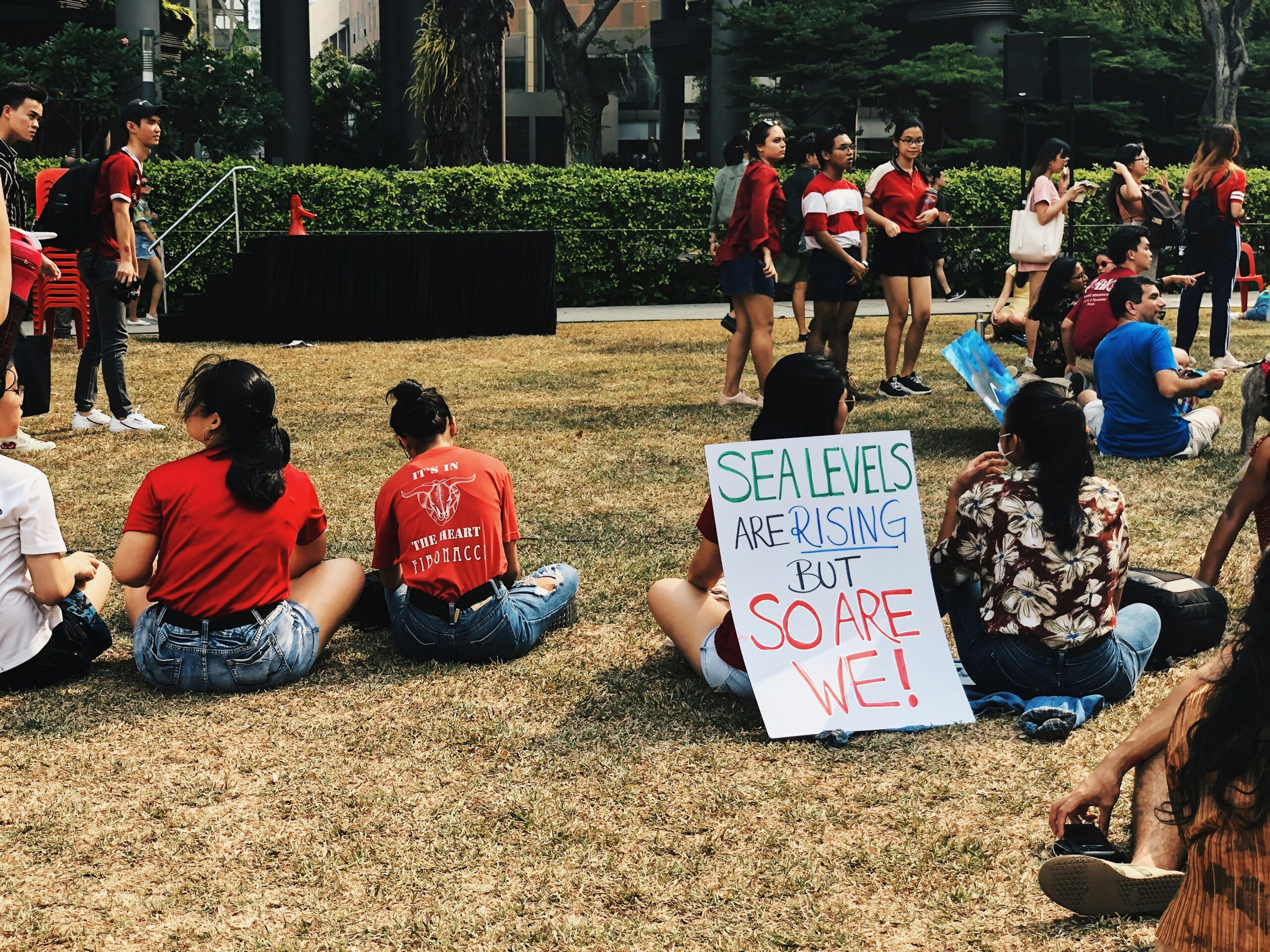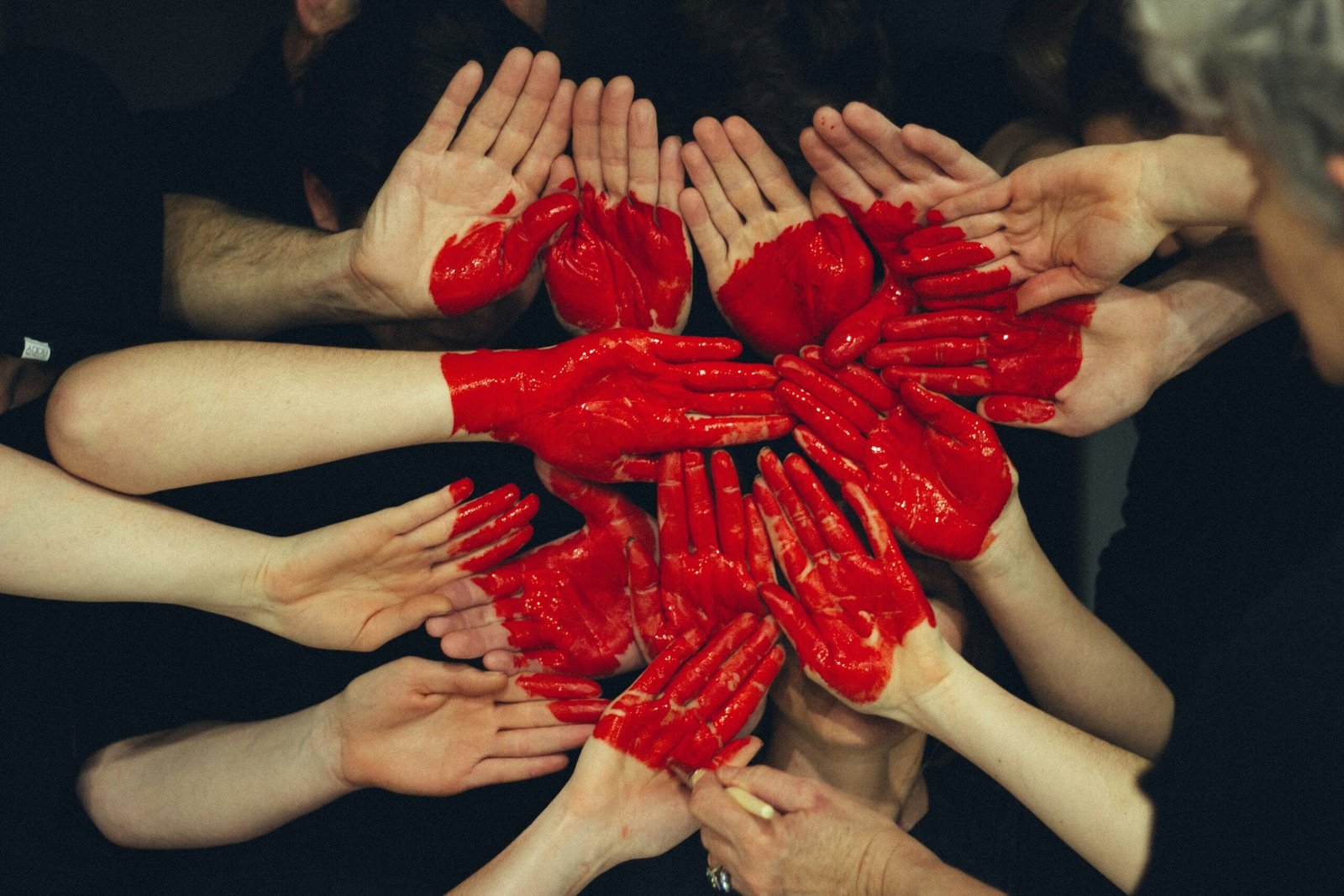Introduction
Virginia Giuffre, a prominent advocate and abuse survivor, became widely known for her courageous revelations regarding her alleged victimization by notable figures including Jeffrey Epstein, Ghislaine Maxwell, and Prince Andrew. Her experiences shed light on the systemic issues surrounding sexual abuse and exploitation, making her a significant figure in the realm of survivor advocacy. Giuffre’s unwavering commitment to speak out against her abuse not only provided a voice for many survivors but also spurred important conversations about consent, power dynamics, and accountability in the face of victimization.
Recently, news of Giuffre’s tragic passing by suicide at the age of 41 has sent shockwaves throughout the survivor community and beyond. Her death raises several critical questions about the support systems available for survivors of sexual abuse and the societal responsibilities to help those affected by trauma. Giuffre’s life and work serve as a poignant reminder of the profound impact that advocacy can have while simultaneously highlighting the urgent need for comprehensive mental health resources and support for survivors struggling with the aftermath of their experiences.
More information Celebrating International Men’s Day 2024: Themes, History, and Significance
Celebrating International Men’s Day 2024: Themes, History, and SignificanceIn the wake of her death, there is a growing discourse surrounding the implications of such a loss for the advocacy movement. Giuffre’s story underscores the necessity of fostering an environment where survivors are not only believed but also supported through their healing journeys. As we reflect on her legacy, it is imperative to acknowledge the ongoing challenges that many survivors face and the collective responsibility society bears in addressing these issues. By amplifying Giuffre’s contributions and advocating for change, her passing may yet catalyze further progress in the pursuit of justice and healing for survivors everywhere.
Virginia Giuffre: A Voice for Survivors
Virginia Giuffre emerged as a prominent figure in the fight against sexual abuse and exploitation, serving as a resilient advocate for survivors. Her journey began amidst deeply troubling events in her past, where she became a victim of abuse at the hands of some of the most influential individuals in society. Her experiences encapsulated the harrowing reality faced by many victims: the struggle for justice against powerful perpetrators who often wield considerable influence and resources, making it challenging for survivors to come forward and receive appropriate support.
Giuffre’s advocacy work centered not only on her own story but also on amplifying the voices of countless others who have endured similar traumas. She participated in numerous public appearances, including interviews and documentaries, where she meticulously detailed the psychological and emotional toll of her experiences. Through these platforms, Giuffre highlighted systemic issues within the judicial system and the often insurmountable barriers that survivors must navigate in seeking justice. Her determination to shine a light on these injustices resonated with many, encouraging individuals to share their own stories and demand accountability.
More information Empowering Communities: Practical Applications of Local Activism
Empowering Communities: Practical Applications of Local ActivismMoreover, Giuffre forged connections with various survivor networks, fostering a sense of community and solidarity among those impacted by sexual abuse. Her interactions with other survivors not only provided a safe space for shared stories but also emphasized the importance of collective action in challenging the status quo. By establishing herself as a dedicated advocate, Giuffre illuminated the pervasive nature of sexual abuse and the urgent need for reforms in how such cases are addressed. Her efforts spurred significant conversations about survivor support, legal reforms, and the necessity for social change, ensuring that her legacy would continue to inspire future generations in the quest for justice and healing.
The Circumstances of Her Death
Virginia Giuffre’s tragic death at the age of 41 has brought to light the myriad of challenges faced by survivors of abuse, particularly those who step into the public eye to serve as advocates for change. Giuffre, known for her pivotal role in raising awareness about sex trafficking and her allegations against wealthy and influential figures, often bore the weight of her experiences in an unforgiving spotlight. As a public figure, the pressure of maintaining her narrative and the scrutiny from media and society compounded the mental health struggles she may have been encountering.
Survivors of abuse frequently grapple with complex mental health issues, including post-traumatic stress disorder (PTSD), anxiety, and depression. For individuals like Giuffre, who not only relive their traumas for public advocacy but also face backlash and disbelief, the toll on mental well-being can be exacerbated. The courageous act of coming forward often invites a mix of support and hostility, leaving survivors feeling isolated even while fighting for justice. Giuffre’s experiences highlight the crucial need for mental health support tailored specifically to the challenges faced by survivors in high-profile cases.
More information Building Stronger Communities: The Role of Civil Society in Social Structures
Building Stronger Communities: The Role of Civil Society in Social StructuresAs society examines the context surrounding Giuffre’s death, it becomes essential to address how systemic issues contribute to the mental health crises among abuse survivors. The stigma associated with expressing vulnerability, along with the expectation to advocate continuously, can lead to overwhelming feelings of inadequacy and hopelessness. Furthermore, the lack of adequate resources for mental health care specifically directed toward survivors exacerbates these challenges. The overarching question that arises is: who is there to protect those who take on the brave mantle of advocacy? In light of this loss, it becomes imperative to scrutinize not only individual responsibility but also societal support systems aimed at nurturing the mental health of survivors and advocates alike.
The Ripple Effect of Her Passing
The tragic passing of Virginia Giuffre at the age of 41 has sent shockwaves through the survivor community and beyond, bringing to light pressing conversations surrounding mental health support for those affected by abuse. Giuffre, known for her courageous fight against sexual exploitation and her role in advocating for the rights of survivors, was a symbol of resilience. Her death has not only highlighted the challenges survivors face but has also underscored the urgent need for comprehensive mental health resources tailored specifically for them.
Immediate reactions to Giuffre’s death include an awakening to the various factors that contribute to the mental health struggles of survivors. Discussions are surfacing about the stigma that often accompanies being an abuse survivor. This stigma can deter individuals from seeking the help they desperately need, leading to detrimental outcomes such as depression and anxiety. Giuffre’s case serves as a powerful reminder that even those who appear to be strong advocates can suffer in silence. Her passing could ignite a critical reevaluation of how society perceives and supports survivors, opening up pathways for healing that many may have previously overlooked.
More information The Right to Human Privacy: Safeguarding Our Secrets and Personal Space
The Right to Human Privacy: Safeguarding Our Secrets and Personal SpaceLong-term, Giuffre’s death may catalyze significant changes in how support systems are structured. There is a growing recognition of the necessity for mental health professionals who understand the unique experiences of abuse survivors. This includes creating trauma-informed care practices within healthcare settings and developing community-based programs that foster peer support among survivors. Research shows that survivors who connect with others who have similar experiences find solace and strength in their shared narratives, which can be transformative for recovery.
Ultimately, the narrative surrounding the protection of these individuals must evolve to include not only legal advocacy but also mental health advocacy. Giuffre’s legacy, while marked by her personal struggles, can lead to fundamental changes that prioritize the emotional wellbeing of survivors everywhere.
Ethical Responsibility in Media Coverage
The coverage of sensitive topics such as suicide, particularly in the context of individuals like Virginia Giuffre, necessitates a nuanced understanding of ethical responsibilities journalists and content creators hold. Media has a significant influence on public perception, especially regarding issues of mental health and abuse. Therefore, it is imperative for those in media to approach these topics with sensitivity and care to avoid stigma and misunderstanding.
Media representations of suicide often risk sensationalism, which can lead to harmful consequences, including the triggering of vulnerable individuals. Ethical journalism mandates that reporters exercise caution in their reporting, ensuring that the narratives they share do not glorify or overly dramatize tragic outcomes. This is particularly relevant in cases involving survivors of abuse, where the focus should remain on highlighting systemic issues and fostering discussions that can lead to change.
Furthermore, ethical guidelines should encourage content creators to prioritize the well-being of individuals impacted by their stories. This includes seeking informed consent when discussing personal tragedies and maintaining a respectful distance from salacious details that do not contribute meaningfully to the discourse. A responsible depiction of such narratives should aim to provide insight into the broader implications of abuse and mental health crises, rather than trivializing or overshadowing the experiences of survivors.
In addition to adhering to ethical standards, media professionals should engage with mental health experts when possible, incorporating trauma-informed perspectives into their narratives. This approach not only enriches the content but also helps dismantle misconceptions surrounding mental health and suicide. Through responsible media practices, we can create a societal environment that supports open conversations about abuse and mental health and ultimately fosters healing and awareness.
Policy and Systemic Changes Needed
The tragic death of Virginia Giuffre serves as a stark reminder of the systemic gaps that exist in supporting abuse survivors. Her story highlights the urgent need for comprehensive policy reforms that prioritize mental health support for these individuals. Current systems often lack the necessary resources, funding, and trained professionals to address the multifaceted challenges faced by survivors, leaving them vulnerable and without adequate help.
First and foremost, there is a critical need for increased funding aimed specifically at mental health services tailored for abuse survivors. Many organizations that provide counseling and therapeutic services operate with limited budgets, which restricts their ability to offer comprehensive support. By allocating greater financial resources, policymakers can ensure that these organizations can expand their services, hire qualified personnel, and provide a safe environment for survivors seeking assistance.
Moreover, training for professionals who interact with abuse survivors should be fundamentally improved. This includes mental health counselors, law enforcement officers, and community advocates. Comprehensive training can equip these individuals with the skills and empathy required to engage effectively with survivors and help them navigate their healing process. Educational programs must focus not only on the immediate physical and emotional needs of survivors but also on long-term recovery strategies to prevent re-traumatization.
It’s also essential to develop and implement policies that foster collaboration among various stakeholders, including mental health providers, community organizations, and law enforcement agencies. Such partnerships can create a more holistic approach to survivor care, ensuring that individuals receive the support they need across different facets of their lives. By addressing these critical gaps and implementing systemic changes, we can better protect survivors of abuse and work towards preventing further tragedies in the future.
Community Initiatives and Support Systems
Effective community initiatives and support systems play a vital role in the healing journey of survivors of sexual abuse. Numerous organizations have committed resources to create safe spaces, provide counseling, and promote advocacy for these individuals, thereby fostering resilience within communities. One notable example is RAINN (Rape, Abuse & Incest National Network), which offers a comprehensive array of services, including a 24/7 hotline and online chat, connecting survivors with trained support advocates. This immediate access to help can be crucial in the recovery process, helping victims feel less isolated and more empowered to seek justice.
Another important organization is the National Sexual Violence Resource Center (NSVRC). This entity not only provides vital information on prevention and awareness programs but also encourages community engagement through initiatives that raise public consciousness about the impact of sexual violence. Their resources are designed to create informed communities that can advocate for survivors, offering a collaborative approach to healing that involves local engagement and support.
Moreover, community-based programs such as peer support groups have shown effectiveness in providing emotional support and facilitating healing. These groups create an environment where survivors can share their experiences, learn from one another, and form connections that can lead to increased resilience and self-advocacy. Each participant contributes to a collective sense of understanding and empowerment, enhancing the overall recovery experience.
Through these community initiatives and support systems, survivors of sexual abuse can find pathways to healing that are vital for their recovery. The role of such organizations is not only about immediate support; it is also instrumental in building a culture of advocacy and awareness that addresses the underlying issues of sexual violence in society. Promoting these efforts is essential for ensuring that all survivors receive the protection, understanding, and respect they deserve.
A Call to Action for Advocacy
The tragic passing of Virginia Giuffre serves as a somber reminder of the urgent need for active advocacy in the realm of survivor rights. It is imperative to channel the emotions surrounding her death into tangible actions that promote justice, support, and empowerment for all survivors of abuse. Individuals can play a crucial role in this movement by engaging in various forms of activism. Firstly, educating oneself about the challenges faced by survivors is essential. Knowledge of the systemic issues surrounding abuse can be a powerful tool in dismantling stigma and creating a more supportive environment.
Additionally, individuals can contribute through fundraising efforts for organizations dedicated to assisting survivors. Donations can provide crucial resources for mental health services, legal representation, and educational programs. Supporting these organizations not only aids their operations but also amplifies the voices of those who are often marginalized or silenced. Volunteering time and skills is another impactful way to support survivors. Many nonprofits offer opportunities for community involvement, whether through direct support services or advocacy work, driving the movement forward on a grassroots level.
Moreover, being informed allies means standing up against victim-blaming and harmful narratives perpetuated by society. Engaging in discussions, spreading awareness on social media, and advocating for policy changes can help create a culture that respects and believes survivors. It is the responsibility of every individual to work collectively towards ensuring a safer future. This involves not only acting in solidarity with survivors but also holding institutions accountable for their protection and support systems. By coming together and taking proactive steps, we can help foster a society where survivors are no longer alone in their struggles and where they can find the justice they deserve.
Conclusion: Honoring Virginia Giuffre’s Legacy
The tragic passing of Virginia Giuffre at the age of 41 sheds light on the complexities surrounding mental health, advocacy, and the pursuit of justice for survivors of abuse. Giuffre was not merely a name associated with a high-profile case; she emerged as a beacon of hope for many, courageously utilizing her voice to shine a light on the dark realities of human trafficking and sexual exploitation. Her efforts significantly contributed to raising awareness about the rights of survivors and the systemic challenges they face in seeking justice.
Virginia Giuffre’s legacy extends beyond her individual story. It serves as a reminder of the essential dialogue surrounding consent, mental health, and the responsibilities of society to protect vulnerable individuals. The impact of her advocacy work continues to resonate, as it encourages ongoing discussions about survivor support and the mechanisms needed to safeguard their rights and wellbeing. Giuffre’s life highlights the importance of empathy and understanding in addressing the mental health challenges many survivors endure, often exacerbated by societal stigma and disbelief.
As we reflect on Virginia’s contributions, it is imperative that we commit to continuing her fight for justice and recognition for all survivors. We must not allow her death to overshadow her powerful message. The movement she represented requires our collective dedication to ensuring that the voices of survivors are heard and that the issues of consent and mental wellness are prioritized in our communities and legal systems. In honoring Giuffre’s legacy, we signify our unwavering support for those who seek justice and healing, fostering an environment where survivors can share their stories without fear of repercussion. Together, let us strive to create a world that remembers her not just for her tragic end but for her relentless pursuit of a better tomorrow for all survivors.




